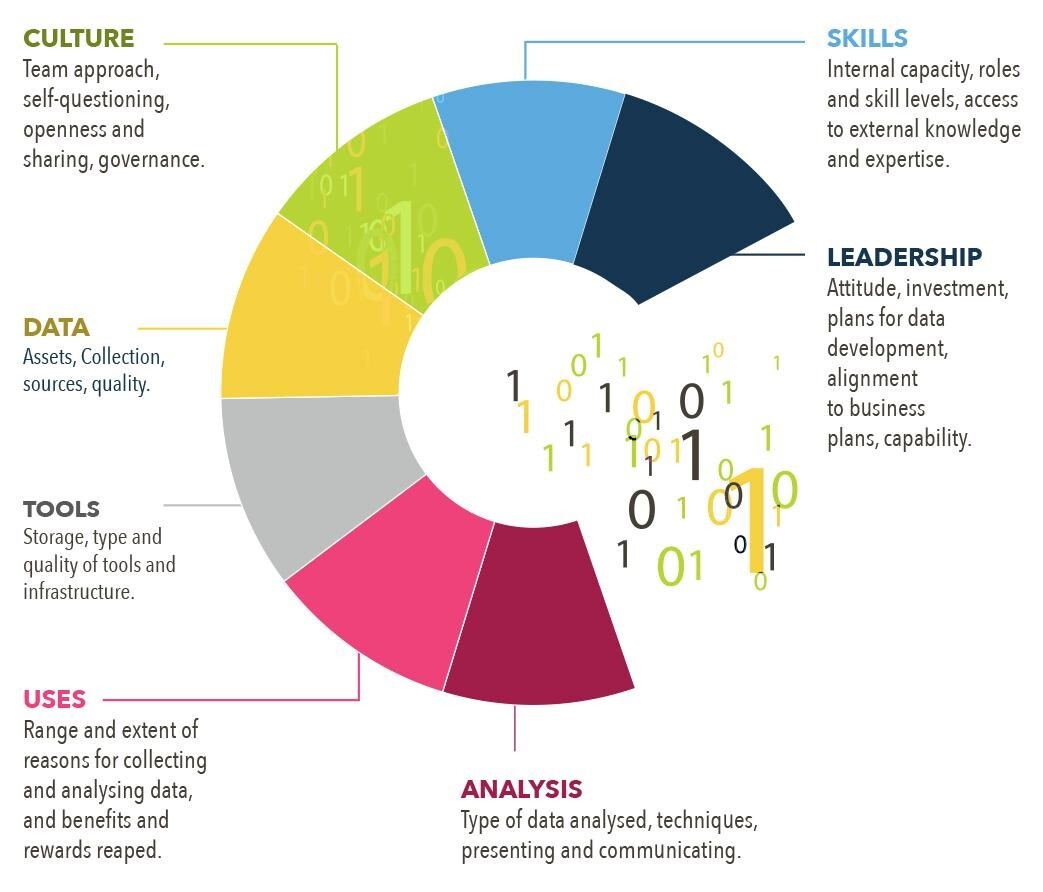DataKind UK is a charity that helps other charities to use data science. In this blog, Executive Director, Giselle Cory introduces data science and some of the ways that DataKind UK have supported social change organisations to make better use of their data.
What is data science?
Data science is where maths, statistics and computer science meet. It’s a broad church, but the end game is always the same: to get insight from data.
AI is one branch of data science. AI can be narrow, which means it’s really good at one thing, or general, where a machine is truly intelligent and able to learn.
Though we’re years away from general AI (so the robots aren't quite walking among us yet), narrow AI techniques are now prolific. From the facial recognition systems being tested by the Met police, to the recommender systems that suggest your next online purchase.
Three types of narrow AI are particularly prevalent:
1. Prediction, to answer questions like ‘Who is likely to need support down the line?
2. Classification which splits person or things into groups, e.g. ‘Is this cell healthy or problematic?’
3. Profiling, to answer questions like ‘Does this person like these other people?’
For some organisations, getting answers to these types of questions can be transformative in how services are run, and the impact they have.
For others, other challenges may need to be addressed first.
Instead of the more advanced techniques used in data science, some basic analysis might be what the organisation needs to get started (questions like: how many people do we support? Where are they based? What services do they use?).
Challenges of “data plumbing” (how you store and access your data) and data collection might be priorities too.
But my data isn’t good enough!
For those looking at using their data to answer questions about their services and/or their beneficiaries, the first concern is often the quality of data.
Sometimes the data that’s used already exists as a database (like a CRM), other times new datasets are made by being ‘scraped’ from the web.
However it is collected, there’s no such thing as perfect data. Every dataset will be shaped by the way the data was collected, by what is being collected and when.
Data represents real life, and is often as complex and messy as our lives are!
It’s likely to need some cleaning and might require some health warnings about drawing strong conclusions from particular data sources.
And though some techniques require large datasets, small datasets can be rich too. Whether a dataset consists of half a million text messages from farmers in Africa, or information about the situations of 60 people, there is likely some insight to be gleaned.
There is one thing that data always has in common - whenever possible, it should be anonymised before being used by third parties, including data scientists.
Ok we’ve got the data. Now what?
Now it’s time for the science bit. This means setting up hypotheses - guesses about what we think about the world - and testing them every which way we can. Here are three examples of hunches that might be explored using data science.
And the kind of hypotheses that can be tested using data science (if the right data has been or can be collected and trusted):
1. Some of our beneficiaries do better from our programmes than others
As Wales’ leading homeless charity, Llamau works to support vulnerable individuals and support them in their path out of homelessness. DataKind UK teamed up with data scientists from the Office for National Statistics to answer questions Llamau had about the people they work with e.g.
- Of the people actively using Llamau’s services, which are benefiting the most from Llamau’s programs and why?
- Which services and projects are achieving the most successful outcomes for the individuals Llamau serves and why?
- What improvements should be made to Llamau’s existing Case Management System for collecting data?
They uncovered some fascinating insights - such as less positive outcomes for people who were male, youth offenders, and/or previously in the care system. But better outcomes for people that had higher levels of engagement with their services. They now have some possible reaons for this happening and are considering how to further tap into this data to help better shape what they do.
See the full Llamau case study
2. We can predict who needs extra support, and so provide that support earlier on
The Welcome Centre is a food bank based in Huddersfield, UK. They provide support to people in crisis, offering practical help in the form of food, toiletry, and household support packs and an advice worker.
Identifying people most in need was proving exceptionally challenging, but essential to direct limited resources.
The team worked with DataKind UK pro-bono data scientists to create a machine learning model that could anticipate who was likely to repeatedly need the foodbank. Watch the following video to find out how The Welcome Centre can now help people at the right time with the right resource.
See the full Welcome Centre case study
3. Attendance at our programmes is related to the the diversity of the groups taking part
Mind in City, Hackney and Waltham Forest (Mind CHWF) offers advice and support to anyone experiencing mental health problems — which is one in four of us in any given year.
Mind CHWF were keen to understand how the diversity of their local community was reflected in their services.
Using data on client demographics and service use, straightforward descriptive analytics were all that DataKind and data scientists needed to uncover tangible, actionable insights.
The results were surprising, including that Hackney’s Nigerian and Kurdish communities were hugely over-represented among their service users.
Read the full Mind CHWF case study.
How mature are you?
Before the organisation gets stuck into data science, it’s worth assessing its data maturity.
The data maturity framework, developed by DataKind UK and Data Orchard, looks across seven facets to see where the organisation, or people and teams within it, are excelling or may need further support. For example, the organisation might have the skills in place but lack the leadership and culture to make those skills count.

You can find the Data Maturity framework here.
Get free data science support
DataKind UK provides free support for charities, public sector bodies and social enterprises that want to transform their impact through the use of data science. Learn more about our programmes here.
DataKind UK is a partner in the Datawise London programme and this blog follows a workshop on data science for charities, presented by DataKind UK for the NetSquared London meetup group in January 2020.
Join us for a free entry level Data Science workshop
Do you think data science could be useful to your organisation?
Our short free session on 26 February at the Lift in Islington aims to get you thinking about whether data science is appropriate and useful for your organisation - to predict users’ needs or better understand their outcomes.
Find out more and book on Data science for social impact: small charity workshop.
